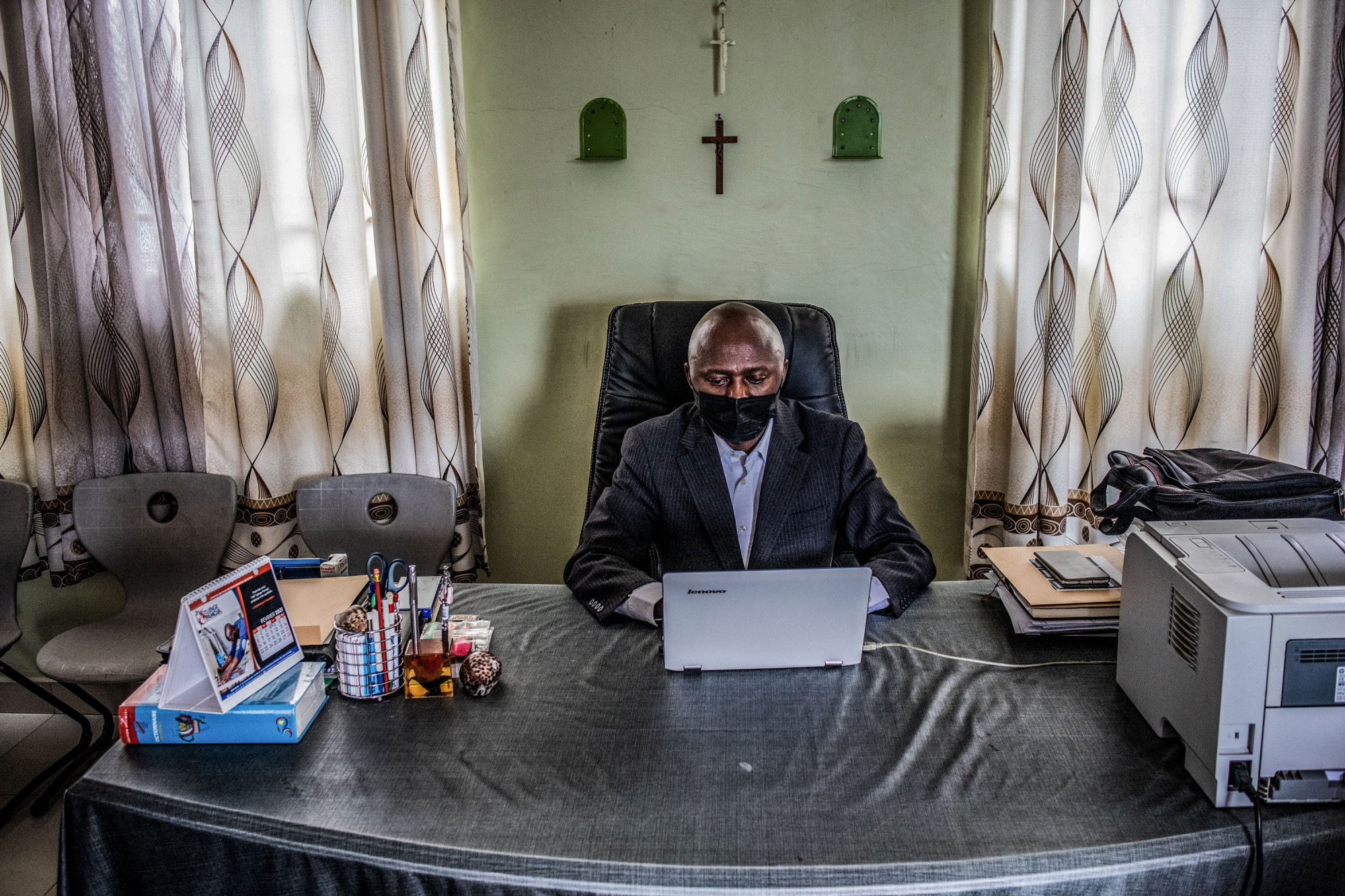

Goma, February 28, 2021
Reading time:
6 min
“I do not feel 100 per cent protected despite all the efforts,” said Gloria Wasingya, a student at the Mwanga Institute in the eastern city of Goma, who added it wasn’t always easy to maintain social distancing in small classrooms. “It’s impossible to control all the colleagues with whom we will now spend all day. We come from different backgrounds. Strategies will need to be strengthened for us to feel protected.”
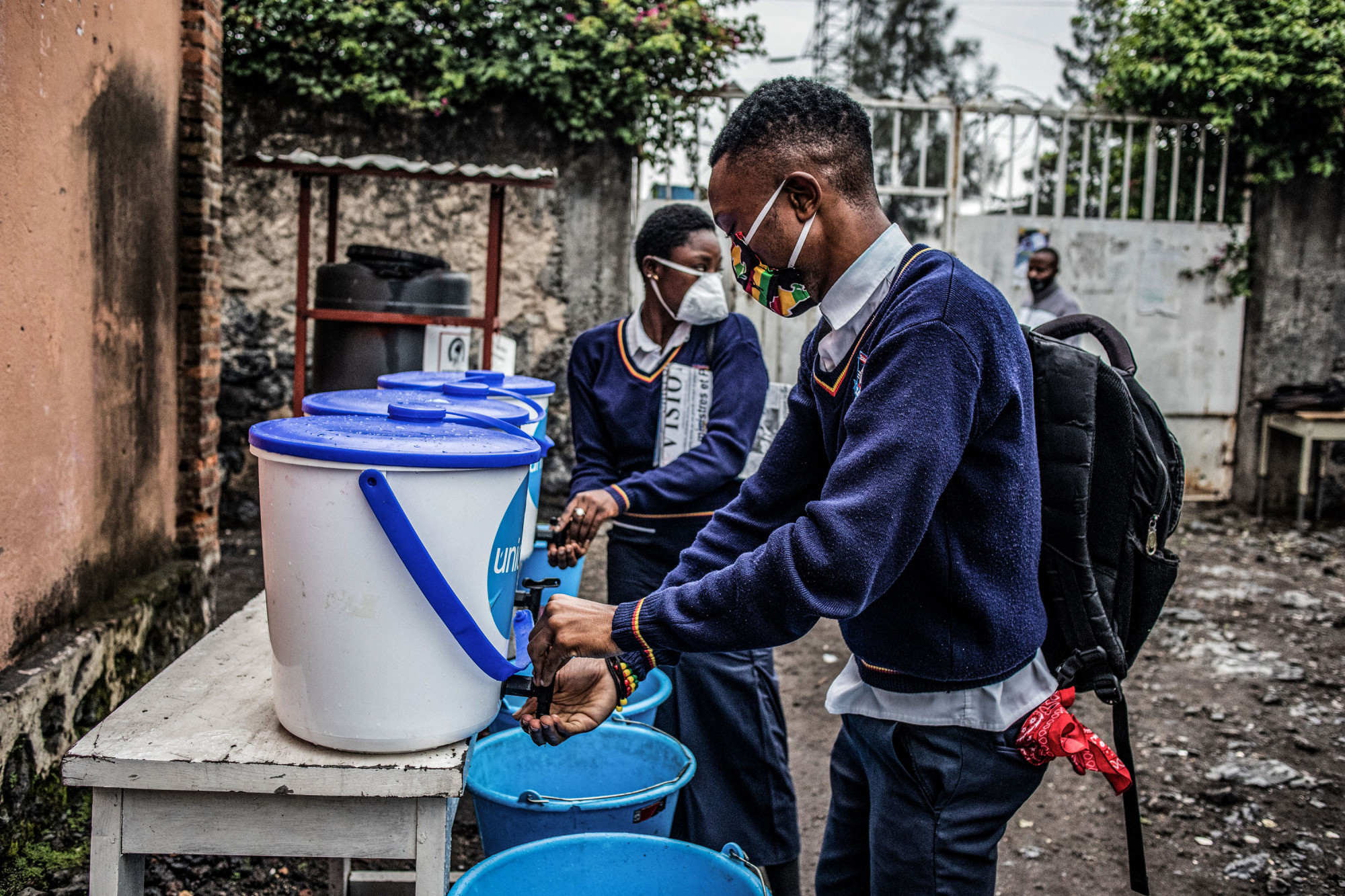
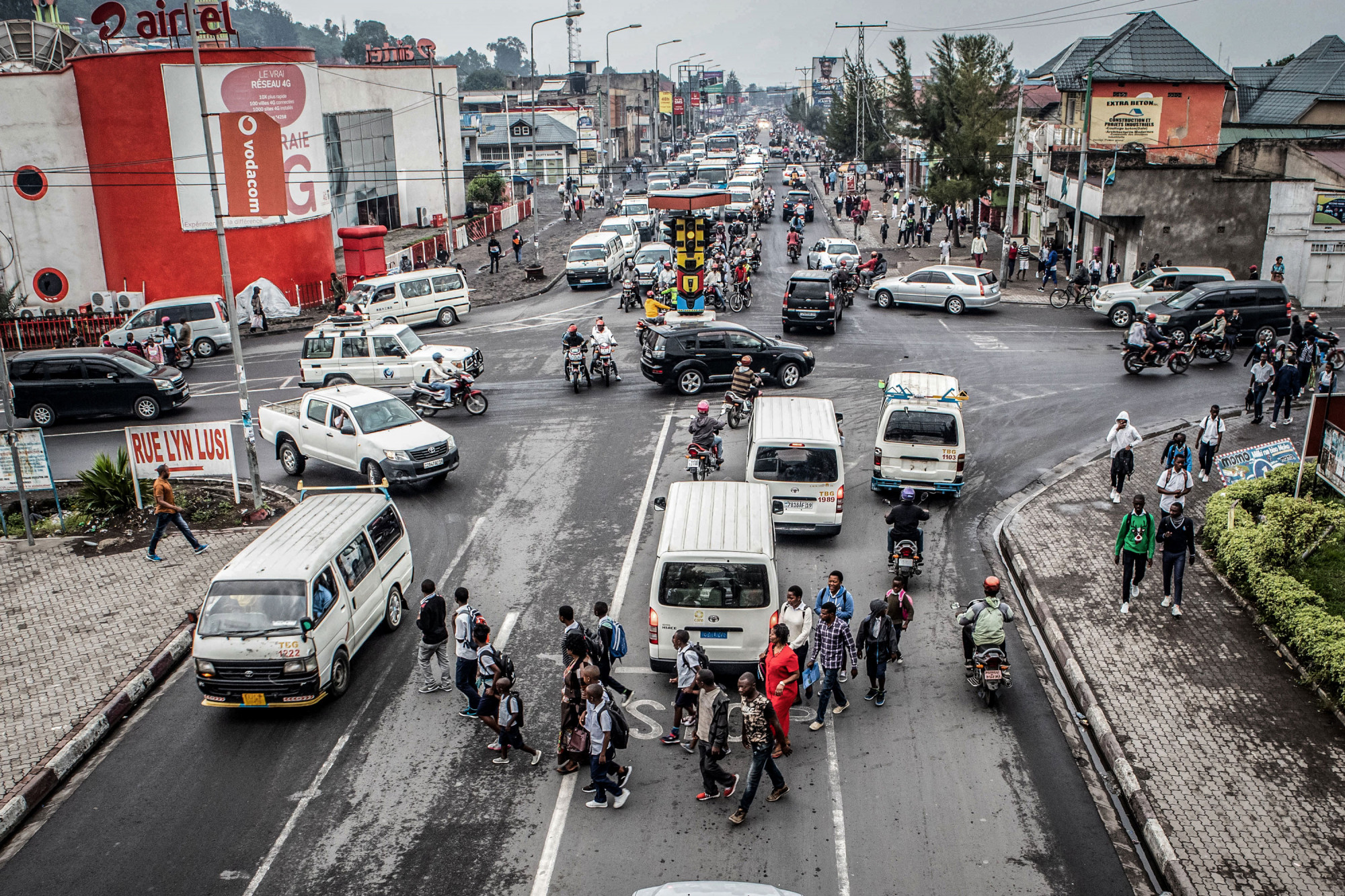
As of February 24, Congo has recorded 25,144 confirmed cases of COVID-19 and 700 deaths, according to the WHO.
In the city of Beni, in the province of North Kivu, the academic and school year restarted despite the re-emergence the Ebola virus.
Pupils returning to class flooded the streets of Congo’s main cities, such as Kinshasa, Goma, Bukavu and Lubumbashi, but widespread insecurity is hampering efforts to resume education in several of Congo’s restive eastern provinces. The reopening of schools and universities coincided with the killing on Monday of Luca Attanasio, the Italian ambassador to Congo, during an ambush and attempted kidnapping just outside Goma. Another Italian embassy official, Vittorio Iacovacci, and a Congolese World Food Programme driver, Mustapha Milambo, were also killed in the attack, which comes amid months of rising violence.
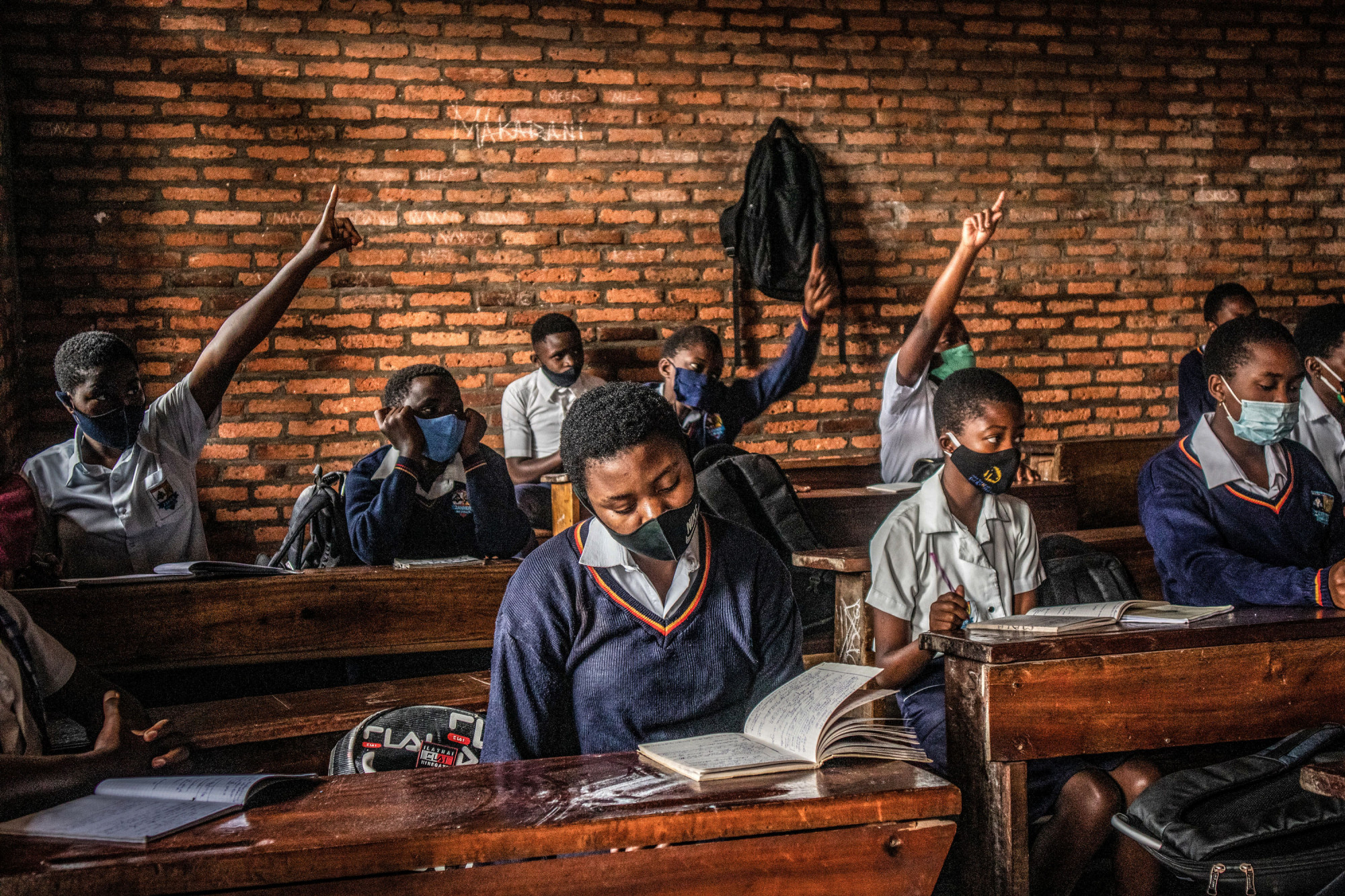
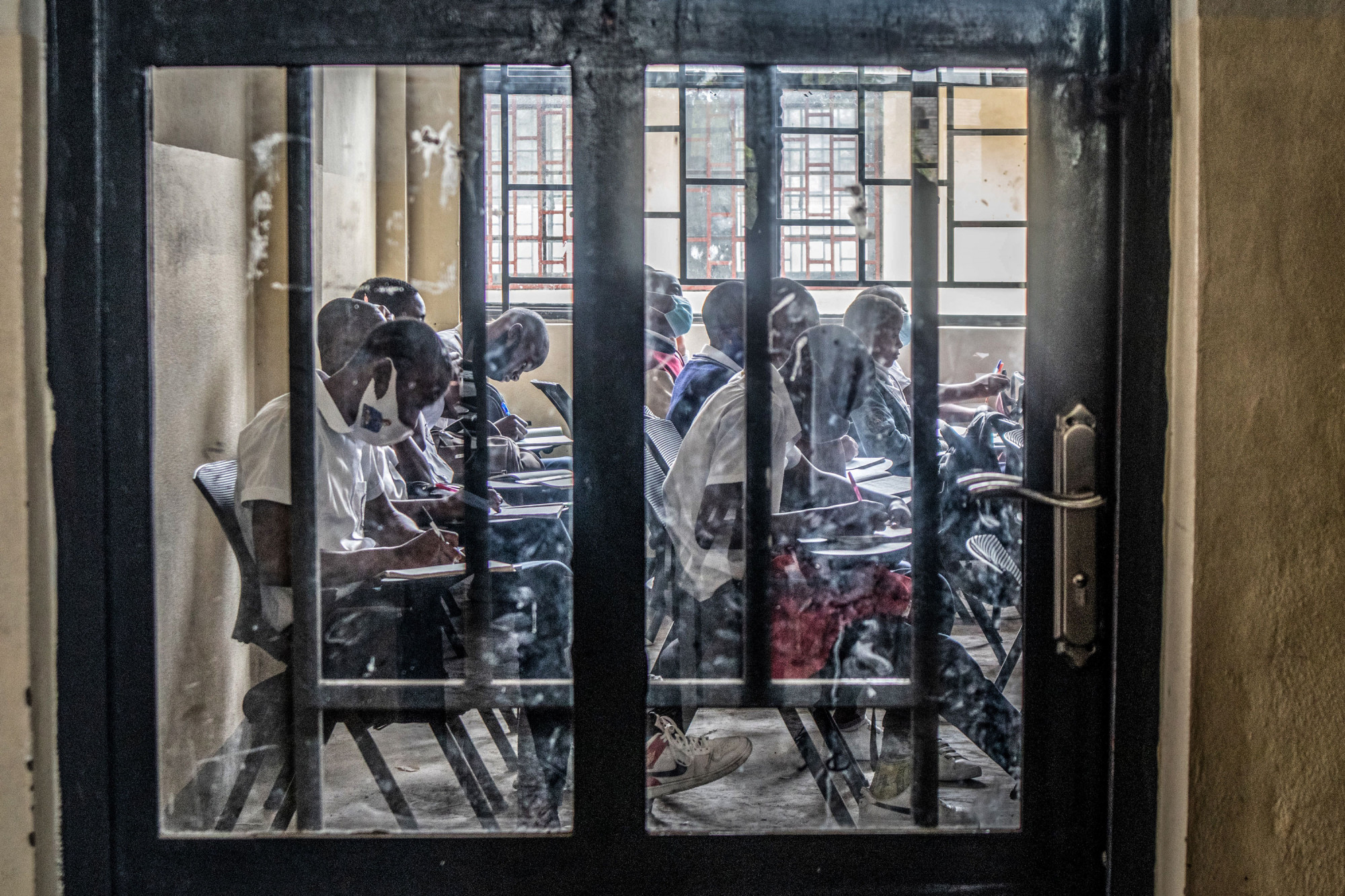
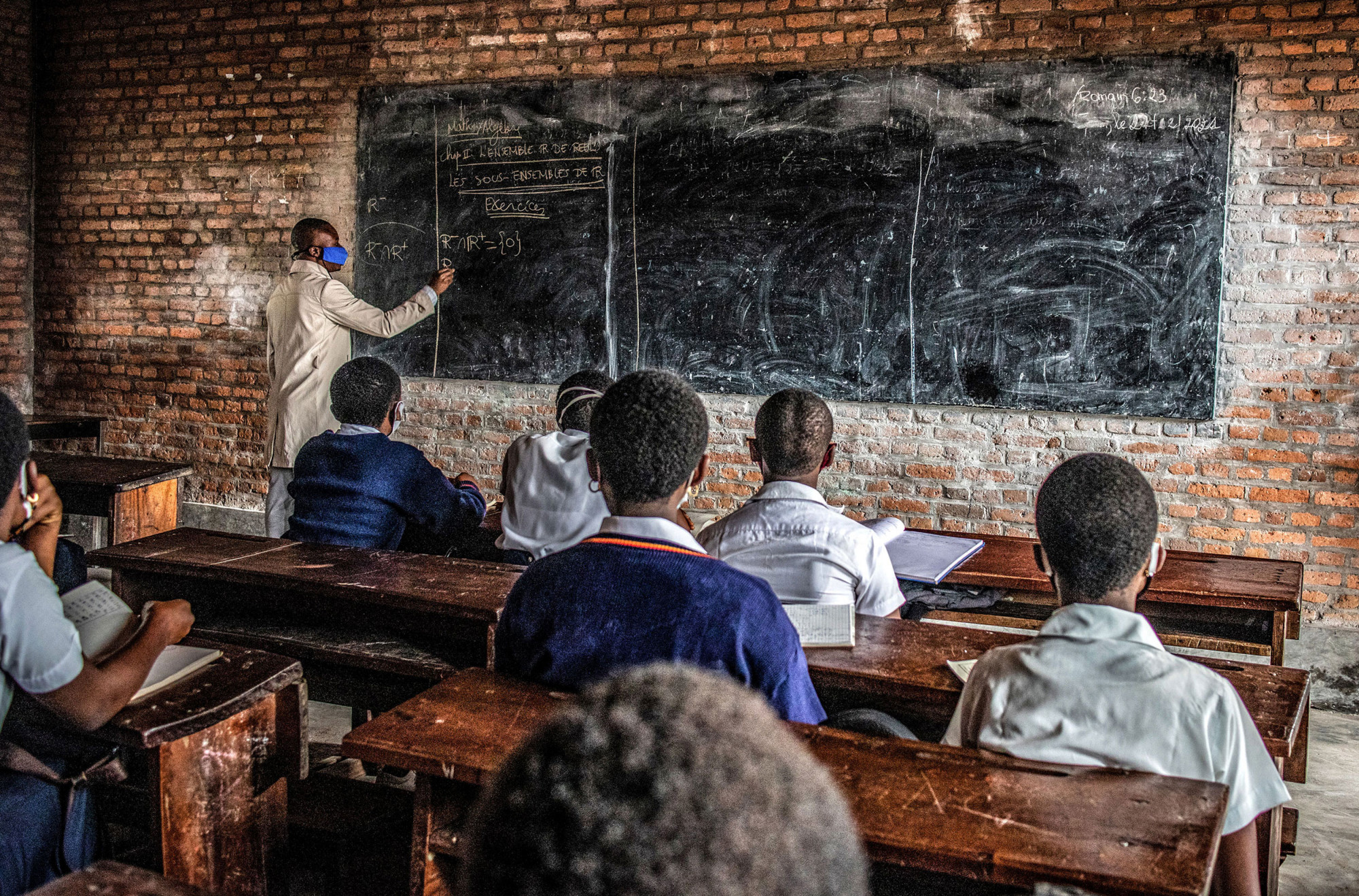
In some areas, armed groups are forcibly occupying schools and homes, prohibiting school activities, and attacking health centers, according to the UNHCR, the UN Refugee Agency.
“The UNHCR is alarmed at ongoing atrocities carried out by armed groups in eastern Congo, which have become part of a systematic pattern to disrupt civilians’ lives, instill fear and create havoc,” UNHCR spokesperson Babar Baloch said during a press briefing in Geneva last week.
More than 2,000 civilians were killed in the three eastern provinces (1,240 in Ituri, 590 in North Kivu and 261 in South Kivu) during 2020, according to UNHCR. The majority of these attacks were attributed to armed groups. The killings and kidnappings have continued in North Kivu in 2021, where attacks have also been directed against displaced civilians.
